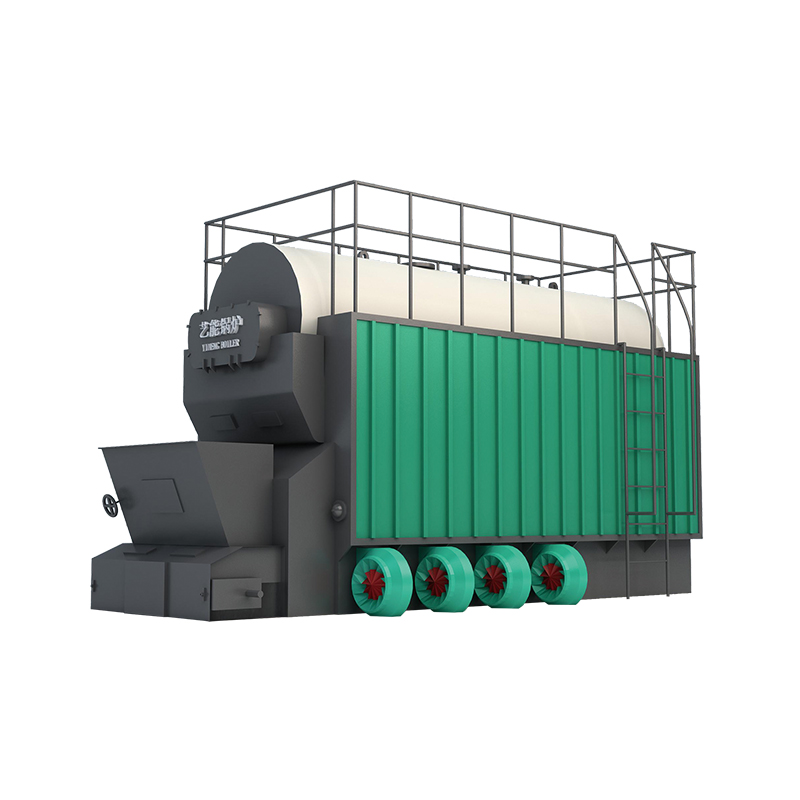Exploring the Efficiency and Applications of Electric Thermal Oil Heaters in China’s Energy Sector
The Role and Advancements of Electric Thermal Oil Heaters in China
In recent years, China has witnessed significant advancements in industrial heating technologies, particularly with the increasing adoption of electric thermal oil heaters. These units play a crucial role in various applications, including chemical processing, food production, plastics manufacturing, and more. Their growing prominence can be attributed to several factors, including energy efficiency, environmental sustainability, and operational flexibility.
Electric thermal oil heaters operate by heating specialized thermal oil, which then transfers that heat to other processes or equipment. The technology relies on electric heating elements rather than conventional fuels like coal or natural gas. This shift not only mitigates the environmental impact associated with fossil fuels but also aligns with China’s broader goals of reducing carbon emissions and promoting clean energy solutions.
The Role and Advancements of Electric Thermal Oil Heaters in China
In addition to energy efficiency, electric thermal oil heaters are favored for their environmental benefits. The Chinese government has been increasingly focused on transitioning to green energy sources and reducing industrial pollution. Electric heaters produce no direct emissions, contributing to cleaner air and a healthier environment. As industries strive to comply with stricter environmental regulations, the adoption of electric thermal oil heaters presents a feasible path to achieving these goals.
china electric thermal oil heater

Operational flexibility is another compelling reason for the growing popularity of electric thermal oil heaters. These systems can be easily integrated into existing operations and can be adjusted to meet varying temperature and pressure requirements. This versatility allows industries to optimize their processes and maintain productivity without significant downtime for system upgrades or maintenance. Furthermore, with advancements in control technologies, operators can now monitor and adjust heating parameters in real-time, ensuring optimal performance and efficiency.
The market for electric thermal oil heaters in China is also being driven by technological innovations. Manufacturers are continually investing in research and development to improve the design and efficiency of these systems. Recent innovations include advanced insulation materials, enhanced heating elements, and sophisticated control systems that enhance reliability and reduce energy consumption. Moreover, with the rise of smart manufacturing, electric thermal oil heaters are becoming increasingly automated, allowing for more precise control and improved safety.
Despite numerous advantages, the transition to electric thermal oil heaters is not without challenges. The initial capital investment can be significant, especially for large-scale installations. However, as energy prices fluctuate and environmental regulations tighten, the long-term savings and benefits often outweigh these upfront costs. Financial incentives from the government, such as subsidies for clean energy technologies, can further facilitate this transition.
In conclusion, electric thermal oil heaters are becoming a vital component of industrial operations in China. Their energy efficiency, environmental benefits, and operational flexibility position them as a sustainable choice for modern manufacturing processes. As technology continues to evolve and the demand for cleaner energy solutions grows, electric thermal oil heaters are set to play an increasingly prominent role in the future of China's industrial landscape. Embracing this technology not only aligns with national energy goals but also provides industries with a strategic advantage in a competitive market.
-
Top Electric Steam Boiler Manufacturers - High Efficiency SolutionsNewsJul.30,2025
-
Top Electric Steam Boiler Manufacturers – Efficient Industrial SolutionsNewsJul.29,2025
-
Top Electric Steam Boiler Manufacturers | Reliable Industrial SolutionsNewsJul.29,2025
-
OEM Steam Boiler Solutions for Custom Needs | High Efficiency & VersatilityNewsJul.29,2025
-
High-Efficiency Thermal Oil Boiler for Industrial Heating SolutionsNewsJul.29,2025
-
Top Electric Steam Boiler Manufacturers for Industrial EfficiencyNewsJul.28,2025

